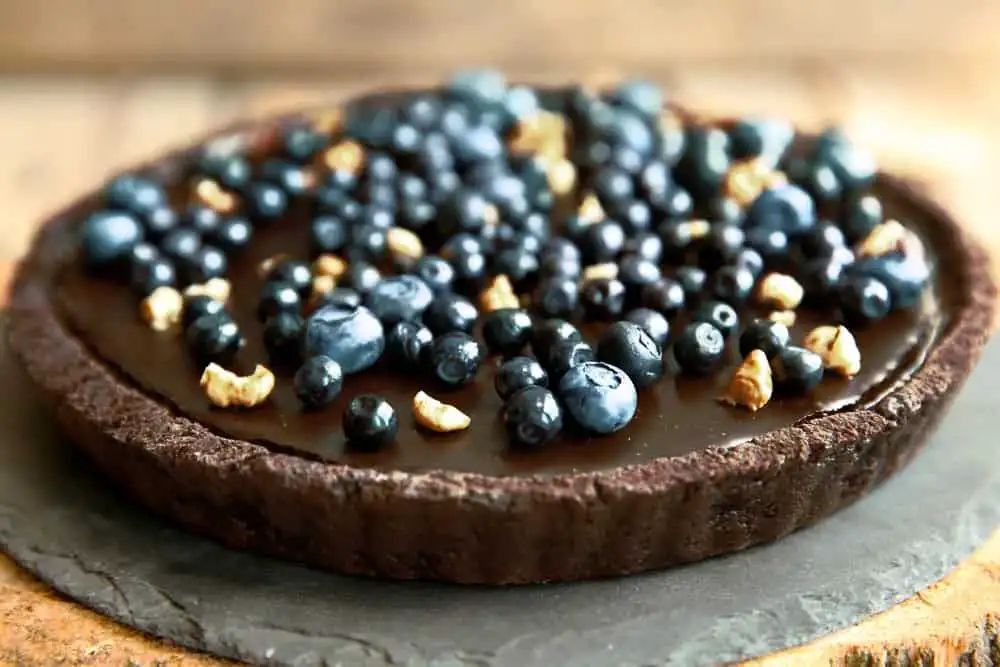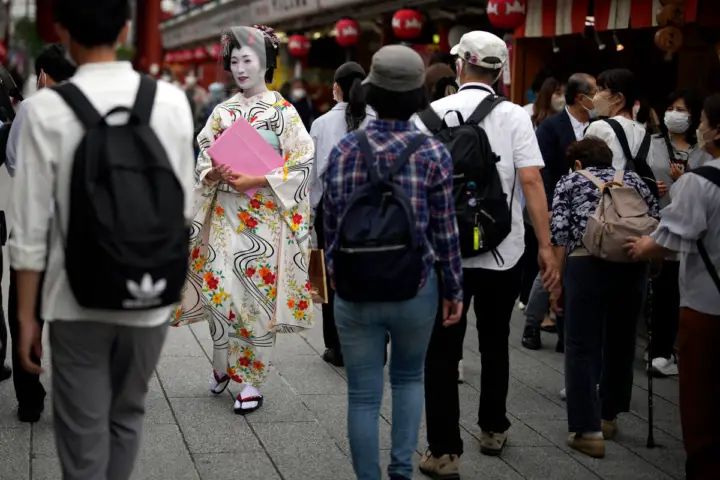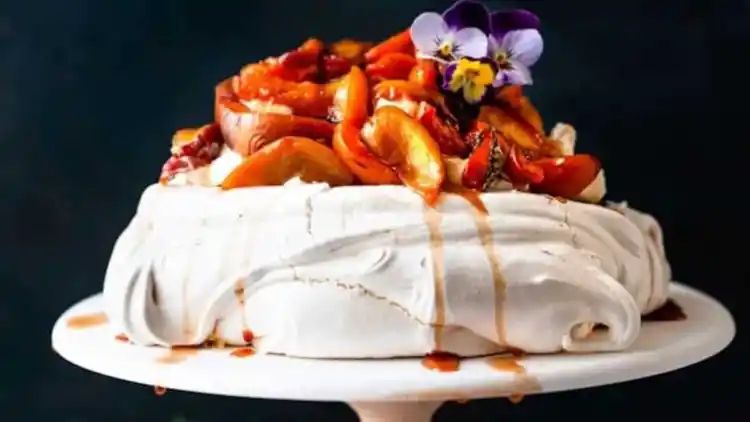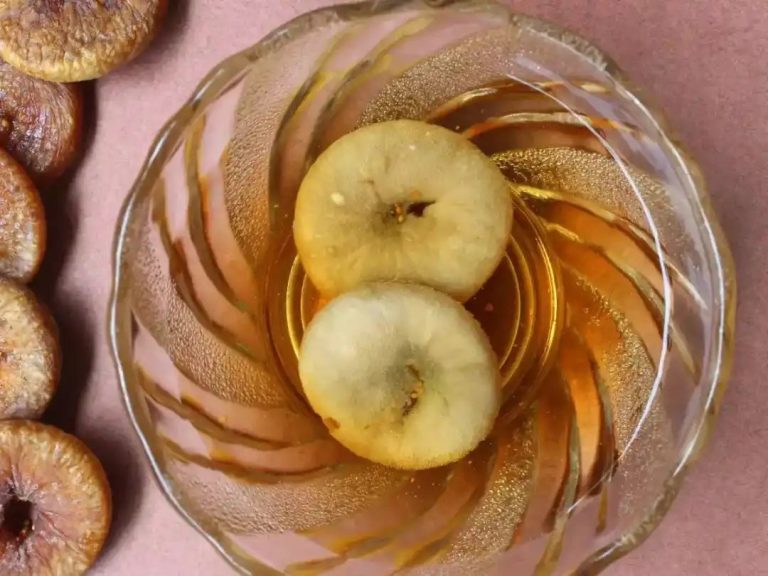Caribbean Black Cake: Origin, Flavours, Recipe and More

The Caribbean black cake is a decadent, dark fruit cake typically enjoyed over the Christmas season. It is a well enjoyed dessert in several Caribbean islands such as Jamaica, Trinidad, Barbados, and Guyana.
The cake is composed of an assortment of dried fruits, nuts, and spices, and is usually marinated in rum or other alcoholic beverages for several weeks before consumption. The black cake symbolises cultural history by representing the complex blend of influences that have created Caribbean cuisine.
Origin
Black cake has its origins in the Middle East and Europe, where fruitcakes were commonly enjoyed throughout the Christmas season. European settlers introduced their culinary traditions, such as fruitcake baking, to the Caribbean during their trips.
In the Caribbean, these fruitcakes were enhanced by the region’s abundant agricultural resources, resulting in a wonderful change. Local fruits such as raisins, currants, prunes, and cherries were plentifully included, giving a harmonious blend of sweet and tart tastes. Dark rum, a fundamental element in Caribbean culture, was used to provide a unique richness and intricacy to the cake.
The term “black cake” originates from the utilisation of molasses, a residue from sugarcane processing, that was prevalent in the Caribbean. Molasses gave the cake a unique dark colour and a deep, almost smokey undertone, enhancing its tasting profile with added complexity.
The black cake has developed into a fundamental element of Caribbean cuisine, deeply woven into indigenous customs and festivities. It symbolised abundance, prosperity, and communal gatherings, frequently appearing on tables during Christmas and New Year celebrations.





